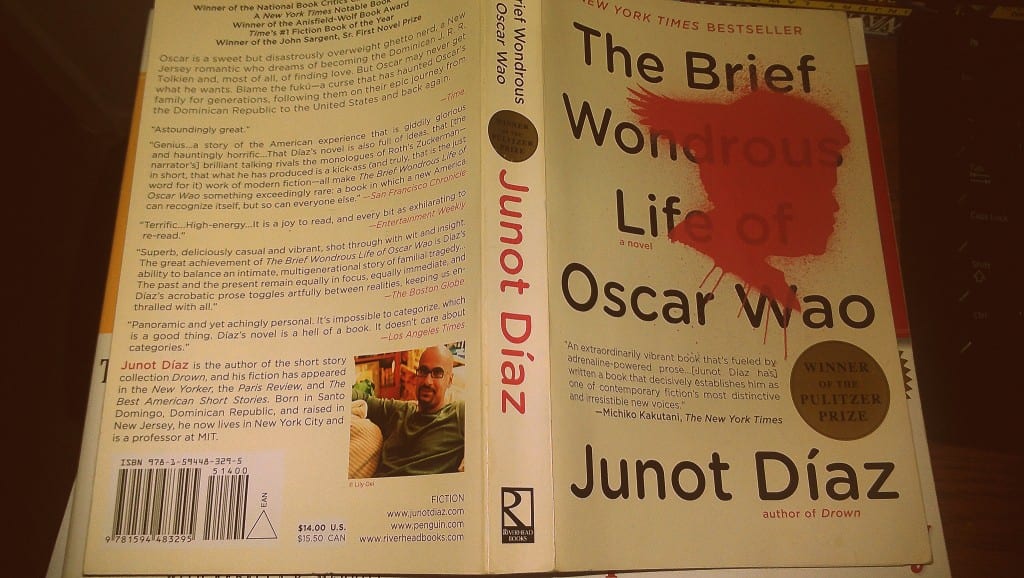
Haruki Murakami, author of Kafka on the Shore, one of the literary classics of the XNUMXst century
The word "classic" is one of those words that always impresses with respect, rarely daring to name it except when it comes to books that were published (at least) forty years ago. However, literature the XNUMXst century is full of surprises, there is a considerable list of books that cover current history or those other fictional plots that are a breath of fresh air in times that always seem less creative than in the past.
If you don't know which book to choose, consider choosing some of these 5 literary classics of the XNUMXst century to those who, although they still have a few years to go to be considered as such, they have beaten us, resulting in us being totally essential.
White teeth by Zadie Smith
The 2000st century is globalization, a subject masterfully tackled by the English writer Zadie Smith, who published her first novel in 22 at the age of XNUMX. White teeth was not only a best seller and winner of the Whitbread and Guardian awardsRather, this story set in a neighborhood of Indian and Jamaican immigrants takes as witness the ironic vision of an author who seems to delve into issues such as racism, tradition or generational change. One of the undisputed literary classics of the new millennium.
Kafka on the Shore, by Haruki Murakami
Named at the time as Best Novel of the Year by The New York Times, Kafka on the shore evokes the best Murakami thanks to its perfect combination of suspense, magical realism, sensuality and spirituality. The novel is divided into two intertwined stories; one of them follows the course of the young Kafka Tamura, who flees his home and takes refuge in a library, and the elderly ex-combatant of World War II, Satoru Nakata. A jewel.
The wonderful short life of Óscar Wao, by Junot Díaz

In 2007 the critics were not talking about another book. The protagonist of this novel, Óscar, is an obese and disastrous young Dominican who lives with his mother and sister in a New Jersey ghetto while his grandmother, known as La Inca, becomes the only link with a native Dominican Republic. that the pages of this book run from 1944, in the midst of the Trujillo dictatorship, to the mid-90s. A book that, we suspect, will once again become highly topical in 2016 in which immigration and politics seem two concepts more intertwined than ever. facing the American elections.
The Road, by Cormac McCarthy
Dusty, pessimistic and crude, McCarthy's novel, adapted in 2009 to the big screen with Viggo Mortensen as the protagonist, is one of those books that we could consider as one of those instant classics. Set in a dystopian Earth hit by a cataclysm of unknown origin, the novel follows in the footsteps of a father and son in that new world full of uncertainty and, also, a human being turned into the worst of enemies. The book won the Pulitzer Fiction in 2007.
Life of Pi, by Yann Martel

My thing about this book is a great weakness, perhaps because I read it at a special moment in my life, perhaps because of my passion for that India that the young Piscine Molitor Patel, alias Pi, must leave with his family, who owns a zoo. you intend to install in Canada. After the shipwreck, the protagonist is forced to live in a boat with a Bengal tiger named Richard Parker with whom he will face the blessings, harshness (and visions) of a Pacific from which, at least, we will not want to leave .
These 5 literary classics of the XNUMXst century they may still have to wait a few years to be appreciated as such by the new generations and perhaps some of us.
What XNUMXst century book do you think will be a future classic? Or is it already?